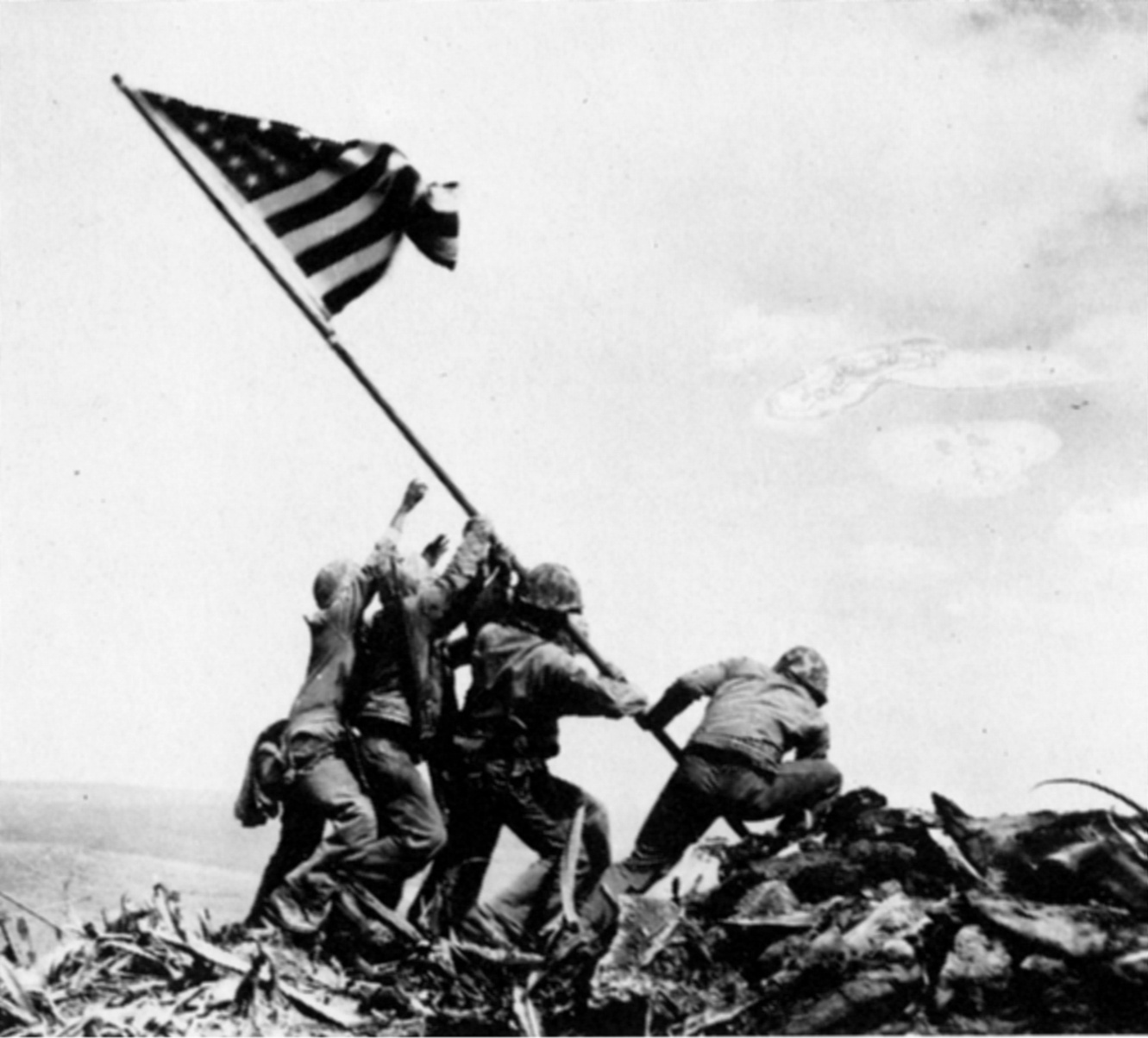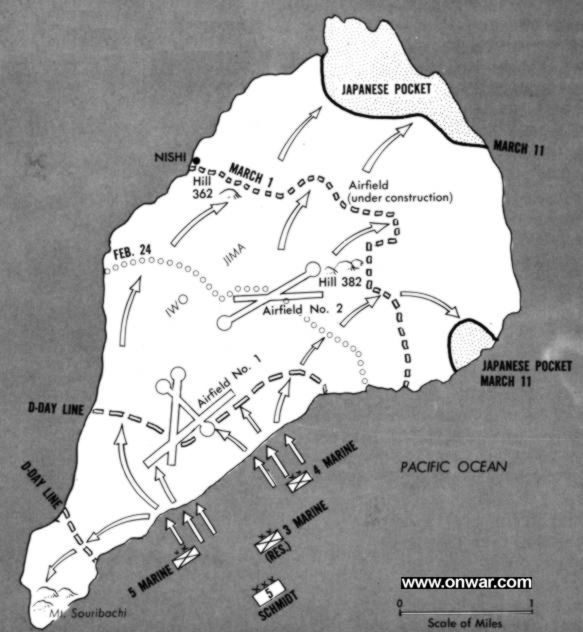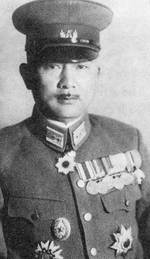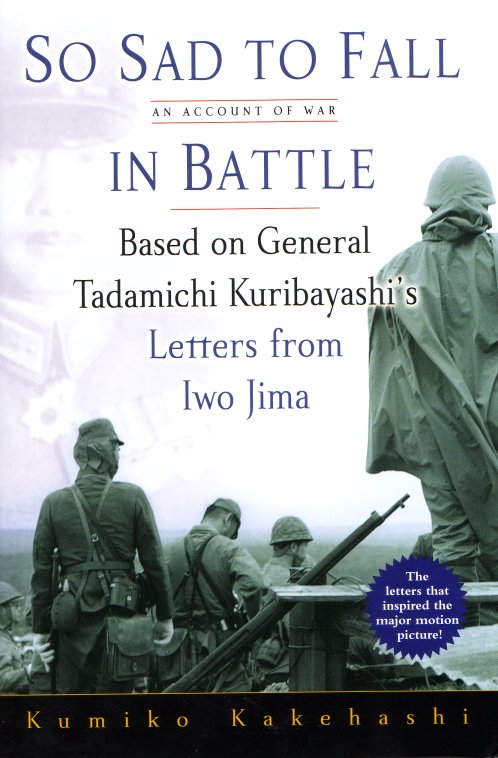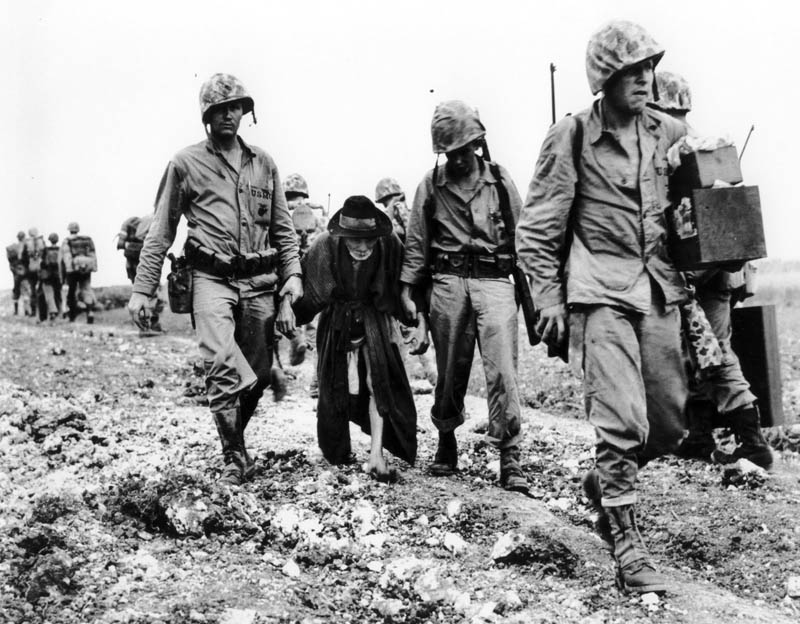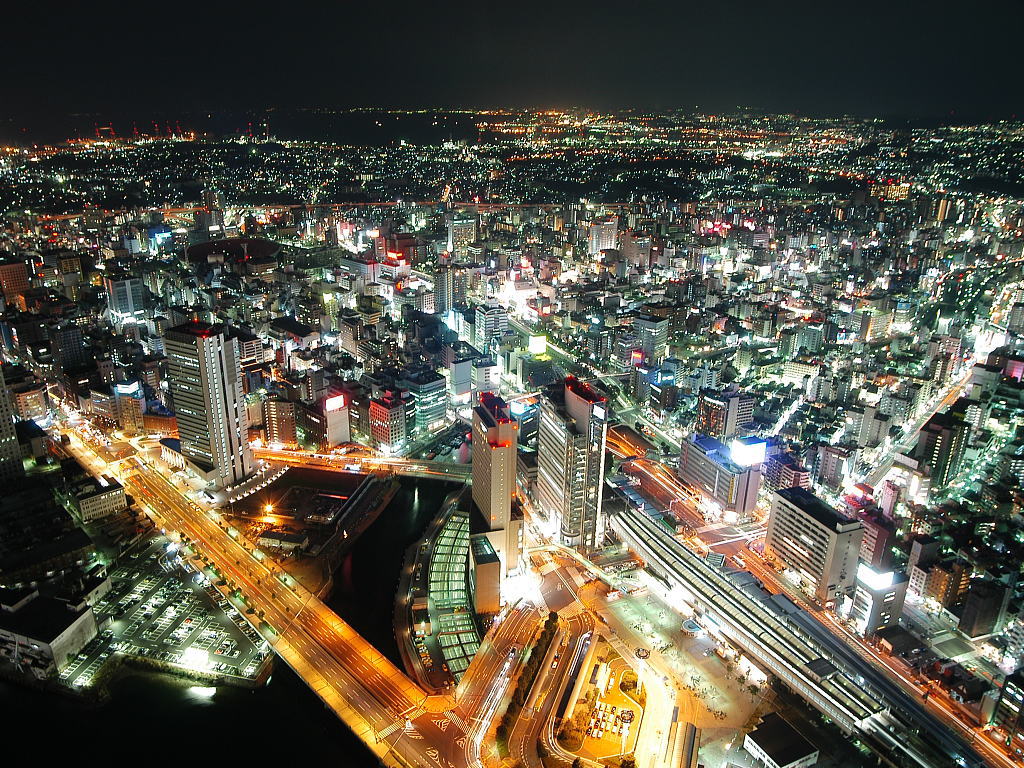Serano
Member
I just got done watching a video from one of my favorite YouTube channel, Vsauce. A great channel to be sure, but they came out with a video that ... while not explicitly saying so, had the underlying message that it was wrong for us to drop the atomic bombs on Hiroshima and Nagasaki.
Can any of you, tell me an intelligent reason, for not dropping the atomic bombs besides saying "oh, look at all the people that died" junk??
Can any of you, tell me an intelligent reason, for not dropping the atomic bombs besides saying "oh, look at all the people that died" junk??


